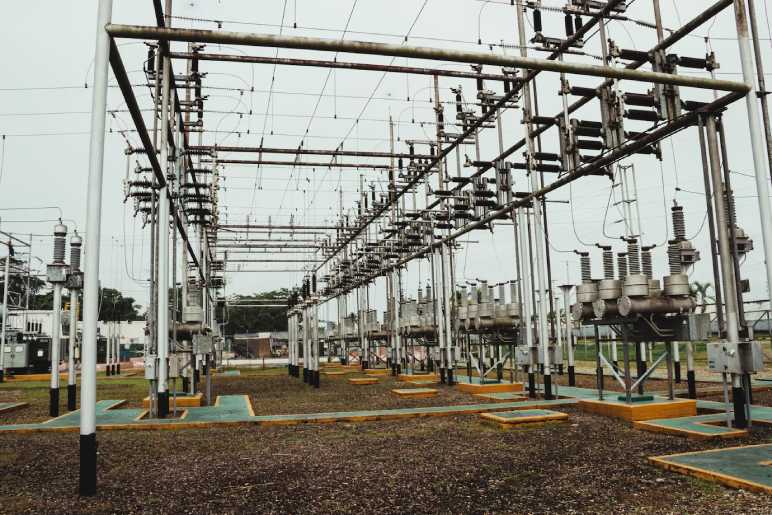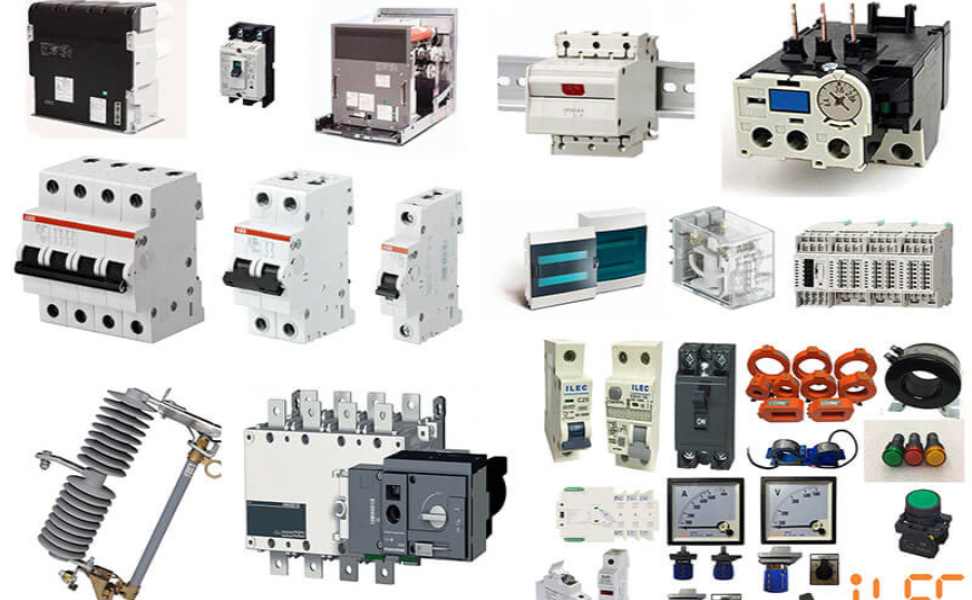The world runs on electricity. From the devices in your pocket to the power grid lighting your city, electrical products are the backbone of modern life. But have you ever considered a career in this dynamic field? If you’re interested in a path that offers stability, growth, and the chance to make a real impact, then electrical products could be the perfect fit.
This guide will delve into everything you need to know about a career in electrical products. We’ll explore the exciting job opportunities, the educational background required, and the key factors to consider when making your decision.
What Does a Career in Electrical Products Entail?


The term “electrical products” encompasses a vast array of professions. It covers individuals involved in the entire lifecycle of electrical goods, from conception and design to manufacturing, installation, and maintenance. Here’s a glimpse into some of the core areas:
- Electrical Engineering: Electrical engineers design, develop, and test electrical systems, components, and devices. They ensure these products function safely, efficiently, and meet specific requirements.
- Electronics Engineering: Electronics engineers focus on the design and development of electronic circuits and devices. Their expertise lies in miniaturization, functionality, and integration of electrical components.
- Electro-Mechanical Engineering: This field blends electrical and mechanical engineering principles. Electro-mechanical engineers design and develop products with both electrical and mechanical functionalities, like robots or automated systems.
- Manufacturing: Manufacturing professionals oversee the production process of electrical goods. They ensure quality control, manage production lines, and implement efficient manufacturing practices.
- Sales & Distribution: Sales representatives promote and sell electrical products to various clients. They possess a strong understanding of the products and their applications, catering to specific customer needs.
- Field Service & Repair: Field service technicians install, maintain, and repair electrical equipment. They troubleshoot problems, diagnose malfunctions, and ensure the equipment functions optimally.
Why Choose a Career in Electrical Products?


There are numerous reasons why a career in electrical products is a compelling choice:
- High Demand & Job Security: The electrical products industry is constantly evolving, with a growing demand for skilled professionals. This translates to ample job opportunities and strong job security, as electrical products are fundamental to our infrastructure.
- Variety & Specialization: The field offers a diverse range of career paths, allowing you to specialize in an area that aligns with your interests. Whether you’re drawn to design, manufacturing, or problem-solving in the field, there’s a niche for you.
- Competitive Salaries & Benefits: Electrical product careers generally offer competitive salaries and benefits packages. With experience and expertise, you can unlock even higher earning potential.
- Intellectual Challenge & Innovation: This field is constantly pushing boundaries. You’ll have the opportunity to work on cutting-edge technologies, solve complex problems, and contribute to advancements that shape the future.
- Making a Difference: Electrical products play a crucial role in various aspects of life, from powering homes and businesses to enabling advancements in healthcare and renewable energy. Your work can contribute to a sustainable future and improve people’s lives.
What Kind of Education Do You Need?


The level of education required for a career in electrical products varies depending on the specific job role. Here’s a general breakdown:
- Entry-Level Positions: Some entry-level roles, like technicians or installers, may require an associate’s degree in electrical technology or relevant vocational training.
- Engineering Roles: For engineering positions, a Bachelor of Science degree in electrical engineering, electronics engineering, or a related field is typically mandatory.
- Advanced Roles: For leadership positions or specialized engineering roles, a Master’s degree in a specific electrical engineering field may be advantageous.
Essential Skills for Success


Beyond formal education, certain skills are crucial for thriving in a career with electrical products:
- Analytical Skills: The ability to analyze complex problems, troubleshoot issues, and identify root causes is essential.
- Technical Skills: Depending on your role, you’ll need a strong understanding of electrical principles, circuitry, and relevant software programs.
- Problem-Solving Skills: Being able to think critically and develop solutions for electrical challenges is a key asset.
- Communication Skills: Effective communication is crucial for collaborating with colleagues, explaining technical concepts to clients, and documenting your work clearly.
- Attention to Detail: Electrical work demands precision and meticulous attention to detail to ensure safety and functionality.
- Manual Dexterity: Depending on your role, you may need good hand-eye coordination and manual dexterity for tasks like assembling or repairing electrical components.
Feature image source:- https://tinyurl.com/yc3j6tcb
Have a Look :-
- Rosie O’Donnell Net Worth
- What Is Pranjal Dahiya Husband Name
- Roland Von Kurnatowski Sr- Know Theo Von’s Dad

